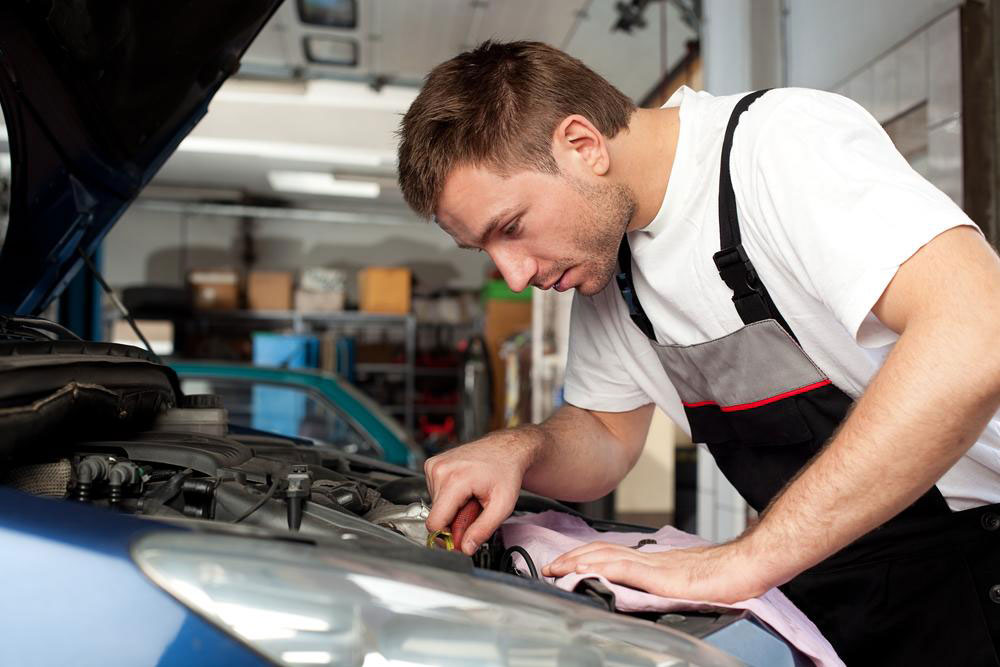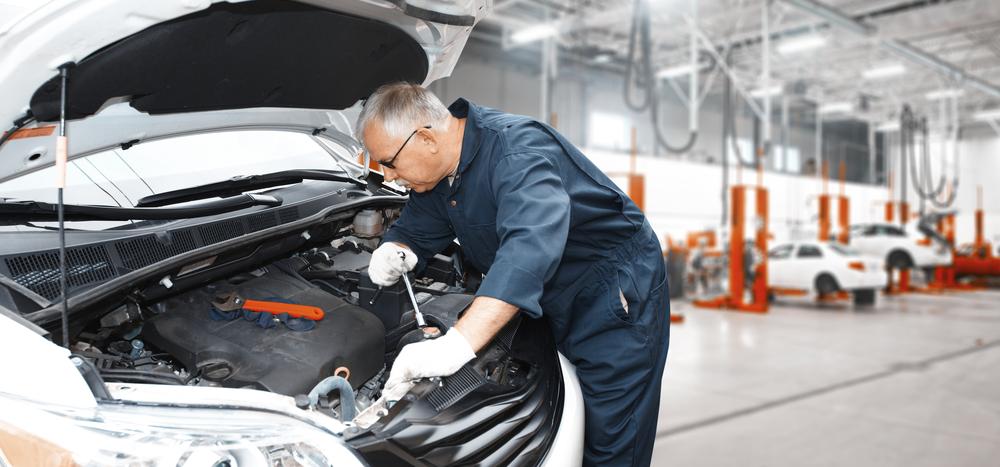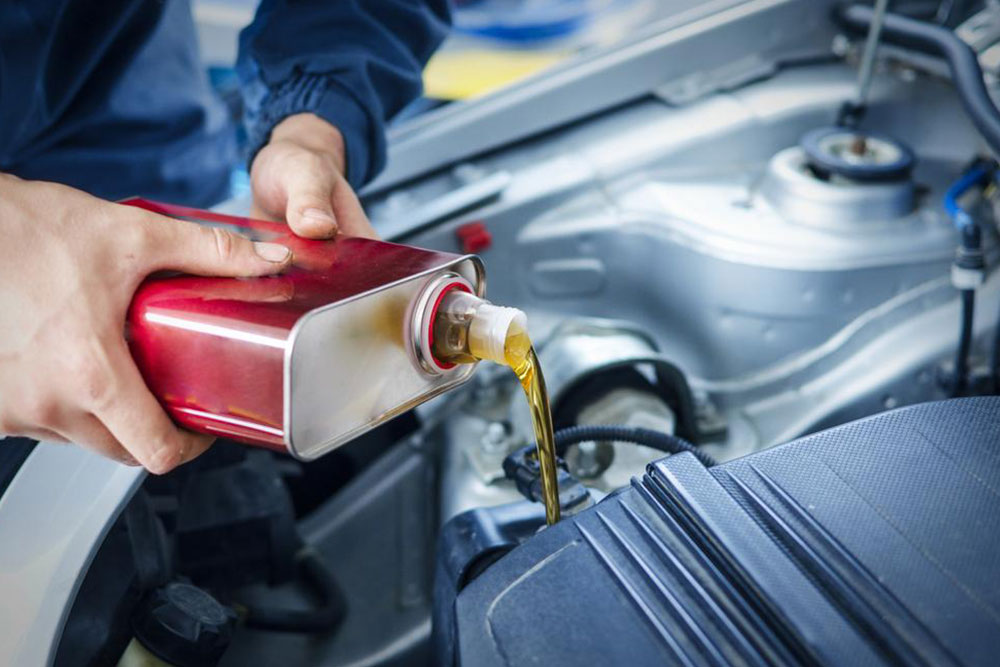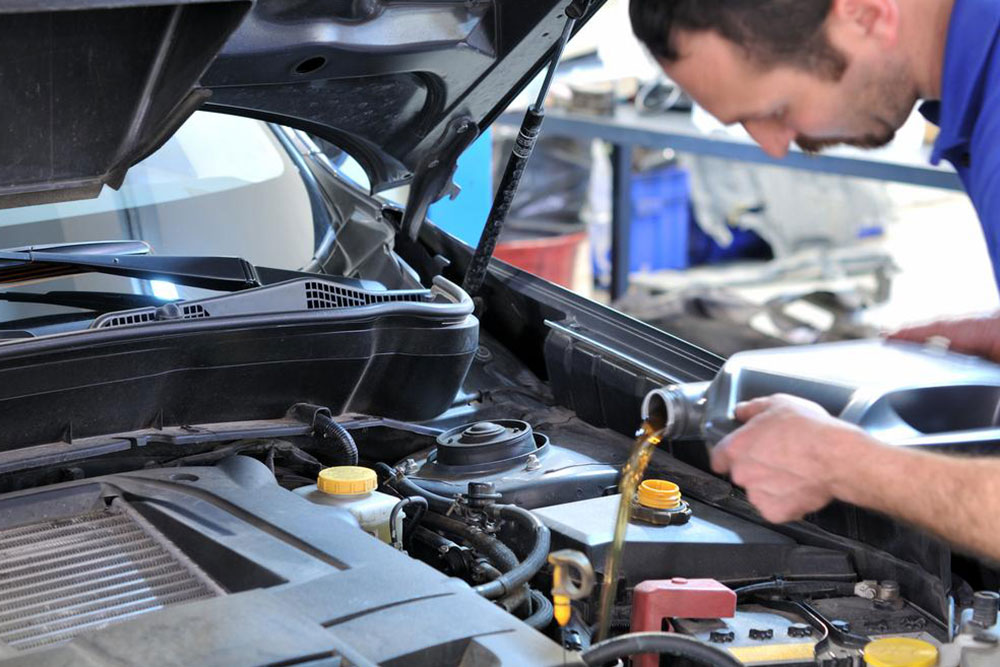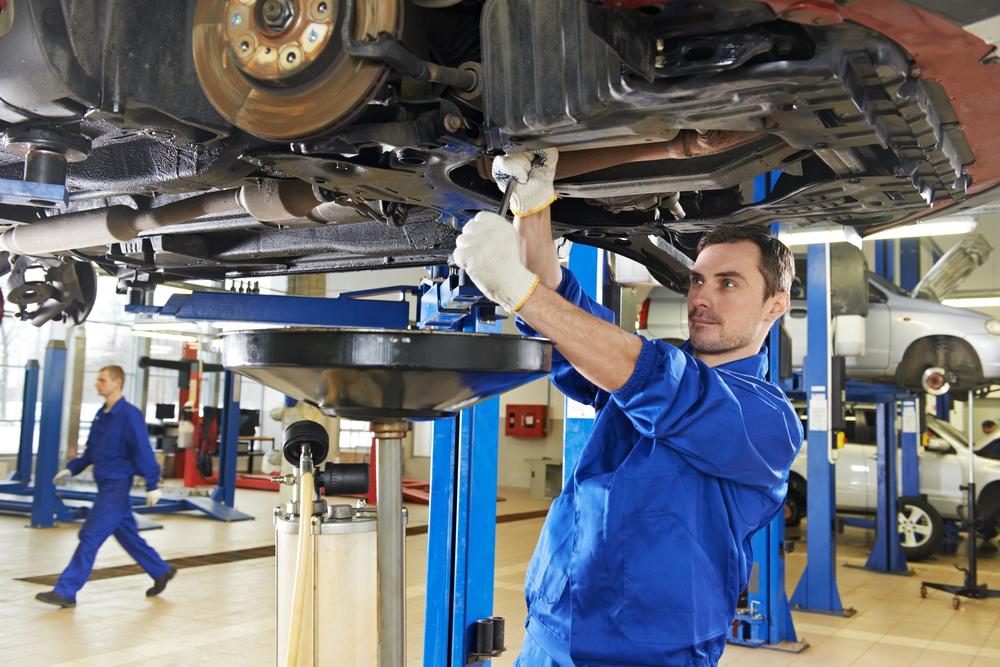Debunking 6 Common Car Maintenance Myths
Learn to dispel common car maintenance myths with expert advice. Discover how often to change oil, brake fluid, filters, and more to maintain your vehicle's health and save money. Understand modern maintenance practices and avoid unnecessary expenses, ensuring your car runs smoothly and efficiently. Stay informed with practical tips that reflect current automotive technology and recommendations.

Debunking 6 Common Car Maintenance Myths
Owning a car requires proper maintenance and care, but misinformation can lead to unnecessary expenses or even damage. Here are some prevalent car maintenance myths you should stop believing to save money and keep your vehicle in top shape:
• Oil Changes Every 3,000 Miles: Stick to your vehicle's owner manual instead of recommendations from oil marketers. Most cars can go 7,500 miles or more between oil changes under normal driving conditions.
Changing your oil more frequently than necessary won't harm your engine but can lead to wasted money.
• Warming Up Your Car: Modern engines don’t require long warm-up times; driving your car gently gets the engine up to optimal temperature faster and efficiently.
• Brake Fluid Replacement: Brake fluid acts as a lubricant, not the primary component of braking performance. It should typically be replaced every 1-2 years as per your vehicle's manual.
Regular tune-ups help maintain engine efficiency but are generally recommended every 30,000 miles.
• Filter Changes: Oil, air, fuel, and transmission filters don't need frequent replacement. Consult your manual or mechanic to determine the proper intervals.
• Cooling System Maintenance: Modern cars with sealed cooling systems don’t require radiator drainage twice a year. Coolants last up to two years or more before replacement is needed.
• Air Conditioning and Fuel Efficiency: Using the A/C does consume more fuel, but opening windows creates aerodynamic drag, which can increase fuel consumption more than A/C use.
Note: Our articles aim to provide helpful information, but they should not replace professional advice. Always verify with your vehicle’s manual or a qualified mechanic for maintenance recommendations. The content is for informational purposes and may not reflect the latest updates in vehicle technology or service offers.

